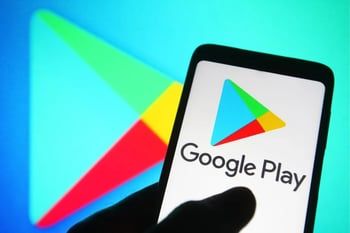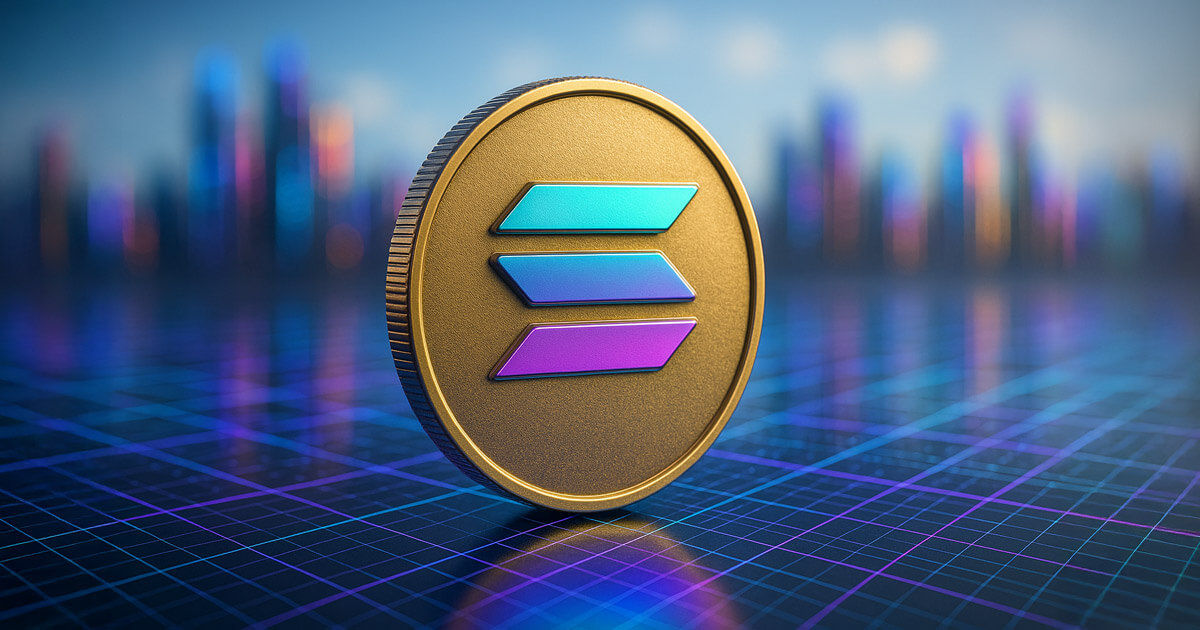In the past few months, Google has been discussing potential revisions to its Google Play Store regulations to provide developers with specific instructions on incorporating NFTs into their Android games. Now, the company has introduced updated guidelines that allow and oversee blockchain games and applications, which are scheduled to be implemented by the end of the year.
Google disclosed in a blog post on Wednesday that as a result of the policy adjustment, applications must be transparent with users regarding tokenized digital assets.
Under the new policy, developers of blockchain games will need to disclose the game’s blockchain status on its Google Play Store content page, comparable to the disclaimer provided by Epic Games for each crypto-enabled game on its platform’s download page.
As stated in Google’s guidelines, developers are required to clearly inform users if any in-app products in Android games are associated with NFTs. Furthermore, Google allows NFTs to unlock in-app content, regardless of where the NFT was purchased, a policy that sets it apart from its primary mobile competitor Apple.
Google’s approach to blockchain gaming is cautious yet receptive, enabling developers to incorporate NFTs and other crypto features while complying with Google’s Real-Money Gambling, Games, and Contests policy. However, developers are prohibited from endorsing or glamorizing any crypto or NFT trading activities.
Google permits game developers to provide in-game NFTs to players but strictly prohibits the use of NFTs for wagering or as part of sweepstakes. If developers wish to include any form of wagering or betting mechanics, they must adhere to Google’s criteria for gambling eligibility.
According to Google’s guidelines, NFTs purchased by users should be utilized within the game to enhance the user’s experience or assist in progressing through the game. However, it is strictly prohibited to use NFTs for wagering or staking in order to obtain real-world monetary prizes, including other NFTs.
Based on Decrypt, a Google representative clarified that the mention of “stake” specifically refers to its association with gambling, rather than the common practice of staking in the context of crypto and NFTs. This means that the functionality of allowing users to lock up their NFTs in exchange for token rewards will not be prohibited.
As per the new policy, developers are prohibited from selling NFT bundles that fail to provide clear information about the contents and value of the bundle.
Furthermore, Google maintains its policy of prohibiting apps that mine cryptocurrency on users’ devices, which is an existing regulation that will still be enforced. However, Google will still permit apps that facilitate the remote management of crypto mining operations on other devices, such as computer graphics cards.
To implement the blockchain game rules, Google plans to gradually introduce the changes. As per a Google spokesperson, these changes are anticipated to become visible “later this summer”.
At present, Google will collaborate with specific game developers to “experiment and refine the new user experience” for blockchain games, as stated by the spokesperson. The blog post mentions that Mythical Games, the developer of NFL Rivals, and Reddit, the renowned message board platform, are among the companies partnering with Google to enhance and fine-tune their policies on NFTs.
In the post, Matt Williamson, the Senior Engineering Manager at Reddit, mentioned “We partnered with Google to help update their policy, aimed at creating a level playing field that promotes user trust, and responsible usage of blockchain technology.”
At the present moment, Google is collaborating with specific developers, but later this year, all developers will have the opportunity to create games in alignment with Google’s updated policies on crypto gaming.
Apple App Store, the largest competitor of the Play Store in terms of mobile applications, has traditionally adopted a more cautious stance towards NFTs and cryptocurrencies.
Within iOS games and apps, developers have the option to incorporate NFTs. However, Apple still retains its 30% share from any transactions. As an illustration, the developer of the game Stepn, which follows a “move-to-earn” concept, provides NFTs through its iOS app. However, the prices of these NFTs are higher than those on the web marketplace in order to account for the fees imposed by Apple.





